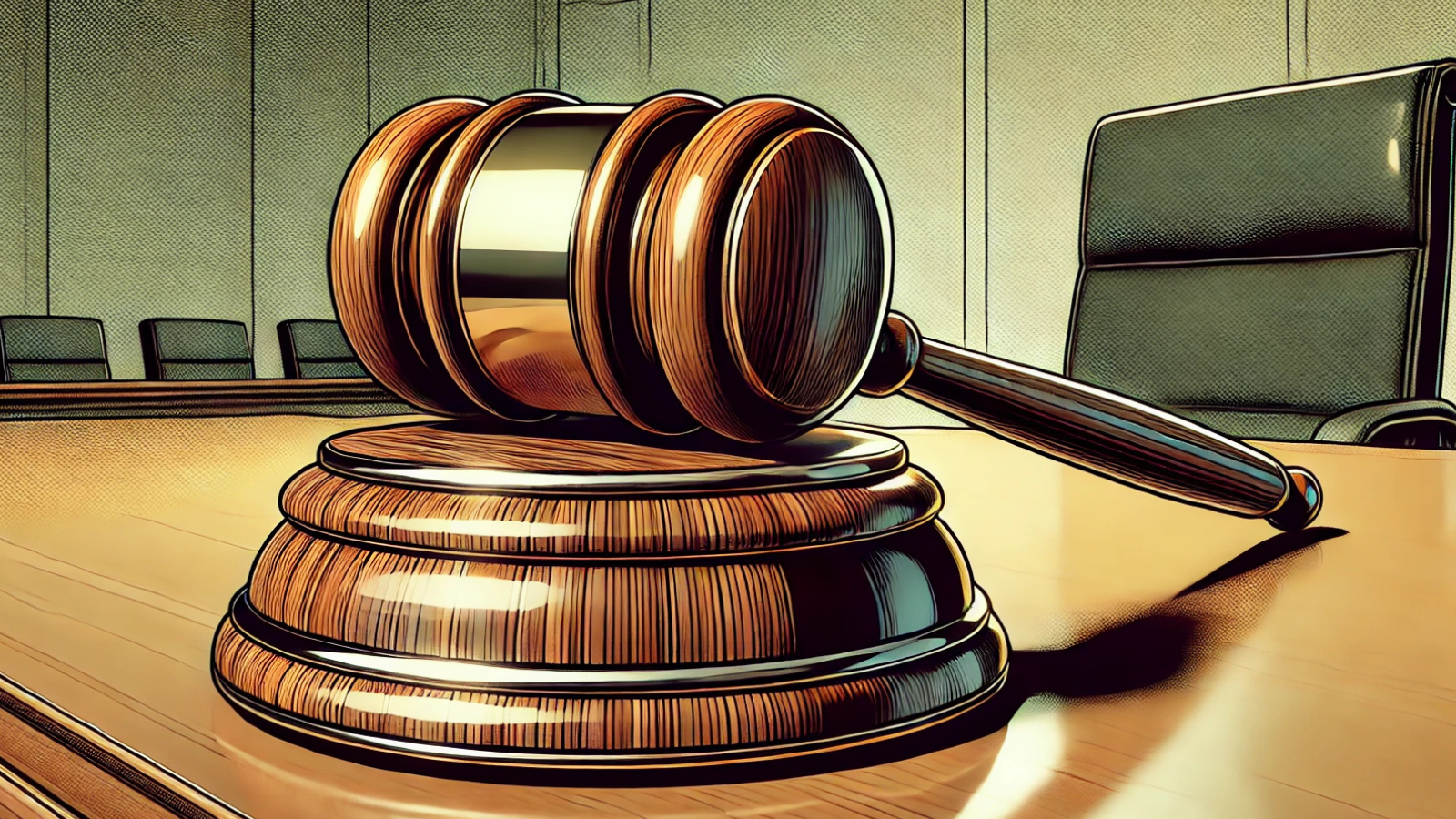House Lawmakers Reject Montana's Bitcoin Reserve Bill
Lawmakers cite concerns of speculation dangers

Montana’s House of Representatives has voted down a bill that would have made Bitcoin a state reserve asset, citing concerns over financial risk and speculation. In a 41-59 vote on Feb. 22, lawmakers rejected House Bill No. 429, which aimed to establish a special revenue account for investing in precious metals, stablecoins, and digital assets with an average market cap exceeding $750 billion— a threshold currently met only by Bitcoin.
Opponents argued that allowing the state’s investment board to allocate taxpayer money into such assets posed too much risk. Representative Steven Kelly warned that these investments were highly speculative, stating, “It’s still taxpayer money, and we’re responsible for it, and we need to protect it.” Representative Bill Mercer echoed these concerns, expressing discomfort with granting the investment board authority over cryptocurrencies and NFTs.
Supporters of the bill, however, saw it as an opportunity to maximize returns on state funds. Representative Lee Demming argued that holding taxpayer money without seeking higher yields was a disservice, stating, “We owe it to the taxpayers to get as high a return on that money as possible.” The bill’s sponsor, Curtis Schomer, claimed that failing to pass the legislation would erode Montana’s purchasing power due to inflation.
Despite some calls for amendments, the bill’s rejection effectively kills any immediate plans for a Bitcoin reserve in Montana. The move comes amid a broader national push, with 24 U.S. states, including Texas, Arizona, and Ohio, introducing similar legislation.
Meanwhile, Utah has made the most progress, with its HB230 bill advancing to a final Senate vote after clearing the Senate Revenue and Taxation Committee on Feb. 20.


